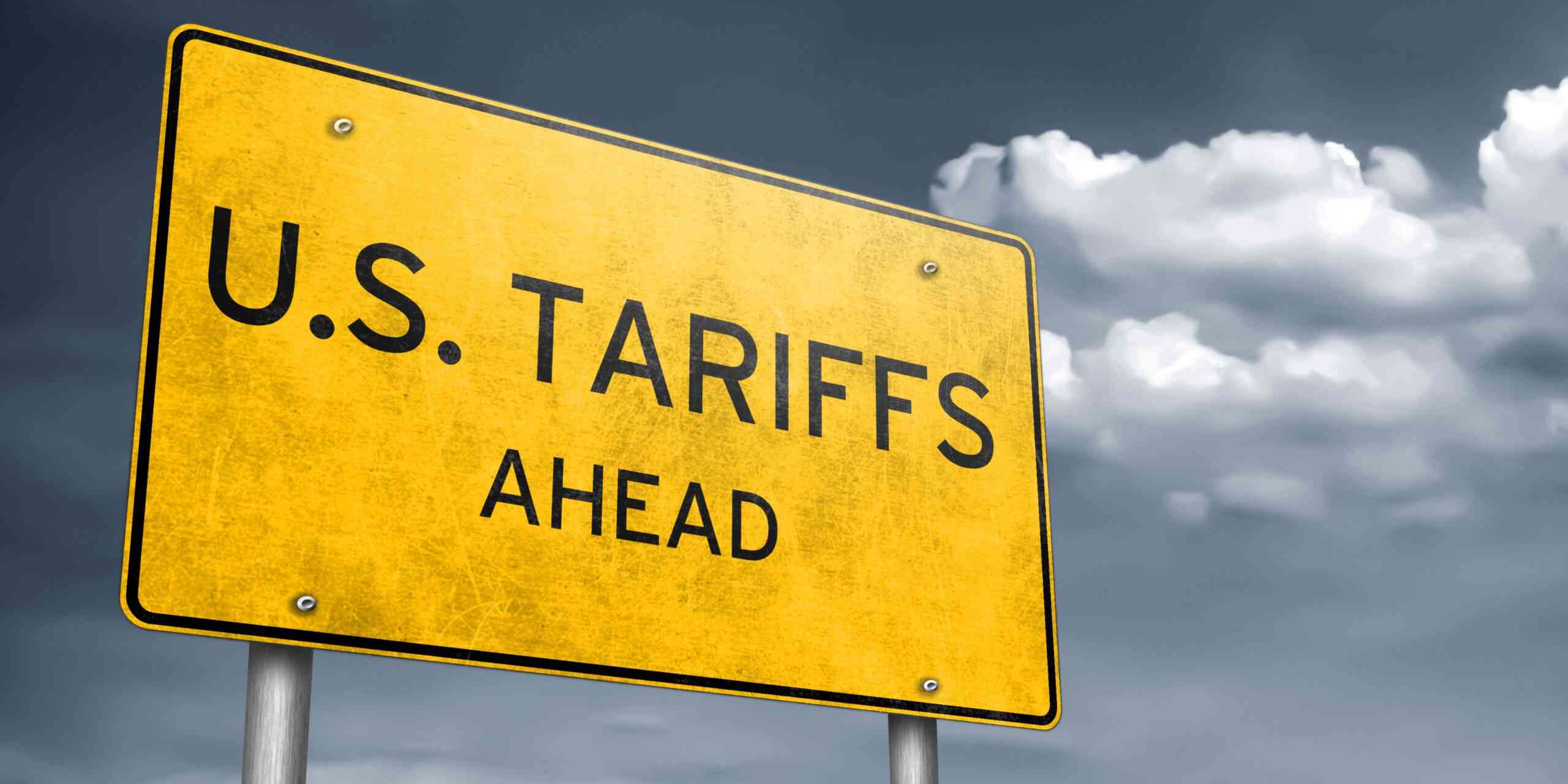
The story of the 31 July harmonised elections, it seems, may remain with us much longer than we thought. Rigged or not, there are so many dynamics and questions that seek answers.
Report by Tapiwa Gomo
Of course, so many analyses have offered varied arguments on why the MDCs, combined, lost the elections. Some have said both parties were caught napping in the comfort of the government of national unity.

But Welshman Ncube’s MDC worked very hard in the villages to woo people to vote for him, so that narrative cannot be generalised.
For some, it is Prime Minister Morgan Tsvangirai’s shenanigans with women that cost him support, but the majority of those who voted Zanu PF are in the rural areas where polygamy is common place. So again, that narrative falls away.
The third narrative is the game of numbers, the voters’ roll, the mechanics of the flawed process etc. Perhaps, this is where the main story lies, but that is not the reason I am writing today.
There is an interesting trend here which many people have not explored and yet it has always been one of the major factors in our elections over the past decade.
Prior to elections, Tsvangirai could be heard yelling very loud that the West had let him down. Even some of the State media went on an overdrive screaming that European Union had dumped Tsvangirai.
- Chamisa under fire over US$120K donation
- Mavhunga puts DeMbare into Chibuku quarterfinals
- Pension funds bet on Cabora Bassa oilfields
- Councils defy govt fire tender directive
Keep Reading
They were right as they were quoting an EU policy paper Quick Policy Insight Zimbabwe’s 2013 General Elections. The real reasons for the imminent divorce were not given.
Today, even when everyone is questioning the credibility of the elections; the West has remained silent, save for a few face-saving statements.
One thing is clear here that all the noise that characterised previous elections about democracy and human rights abuses was actually anger culminating from the land reform.
It is over a decade now since land changed hands and most Western policies do not go beyond 10 years.
The land issue has lost currency, so Tsvangirai and the hopes of reclaiming land have expired and have been struck off the Western agenda.
Western countries do not extend their narrative where they do not have interests. And those interests have to be feasible within a measurable period of time.
Perhaps Tsvangirai was overstretching it, making it more expensive for the West when there is a cheaper way.
This cheaper way does not come from elsewhere other than Zanu PF. It makes economic sense for any Western country whose economy is hungry for revival to deal with Zanu PF than MDC-T because the former, by virtue of holding on to strategic economic resources, has more to offer than the latter.

Most Western countries have come to realise that land reform, ugly as it may seem, isirreversible.
And even if it were to be reversed, the process would be more expensive as it would mean continuously funding the opposition in every election to un-seat Zanu PF.
The reality is that all elections so far have resulted in the same outcome. For that reason Tsvangirai has not only become lonely, but a liability no one is willing to invest in.
The game of politics is not about numbers alone, it is also about what one has to offer to those supporting the cause behind the scenes.
Tsvangirai had nothing for the West except promises of democracy.
From a global perspective, while the language of democracy chimes with every citizen of the world, for those who push the agenda, it is no longer about the values of freedom, but economic and political interests.
The crisis in Egypt bears testimony to this argument. In March 2012, the United States government approved $1,3 billion military aid to Egypt, despite concerns that Cairo was not meeting goals in its democratic transition and at a time when the country was undergoing a serious economic crisis which was fast manifesting into the current crisis.
During the same period, the US government cleared Egypt for $200 million in economic aid because Egypt was meeting the conditions of its peace treaty with Israel.
So the game was not about Egyptians, but the strategic position that Egypt occupies in the protection of Israel.
Similarly, Zimbabwe has become a major player in the global diamond market. Labelling Zimbabwe diamonds “blood diamonds” does not pay the bills, especially when Western economies are drooling over them to resuscitate their economies.
Western leaders need to create jobs for their citizens and democracy for Zimbabwe is not their priority. Diamonds are now a priority over land.
Tsvangirai did not have a key message on diamonds to the West, while his opponents were busy behind the scenes offering deals in exchange for legitimacy.
There are bigger players involved in the precious minerals than the likes of John Smith, who still dreams of feeding the world from a remote Zimbabwean farm. And Zanu PF is aware of this more than anyone else.
They know that they are sitting on what the world needs today and they can use that to relaunch their legitimacy.
For the same reason, the west has become dumb over the elections and the same echoes of silence can loudly be heard in the corridors of Sadc and Africa Union.











